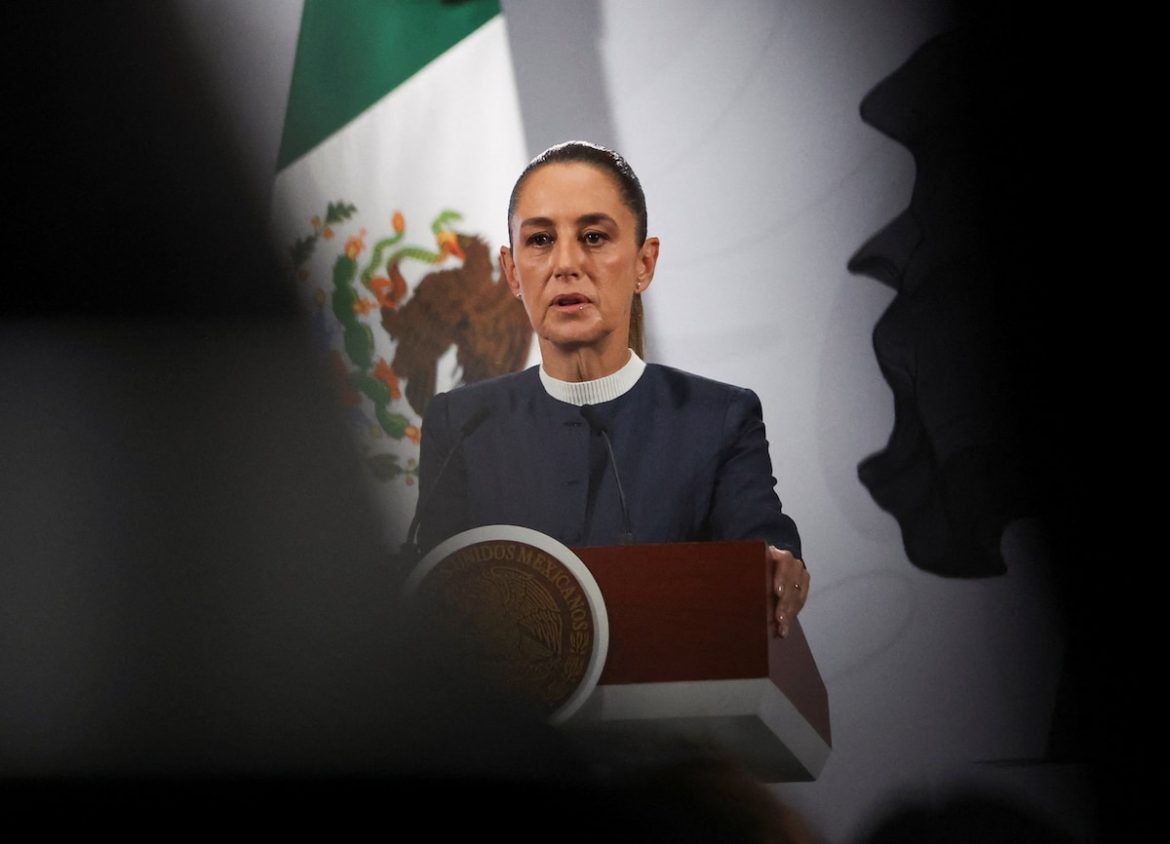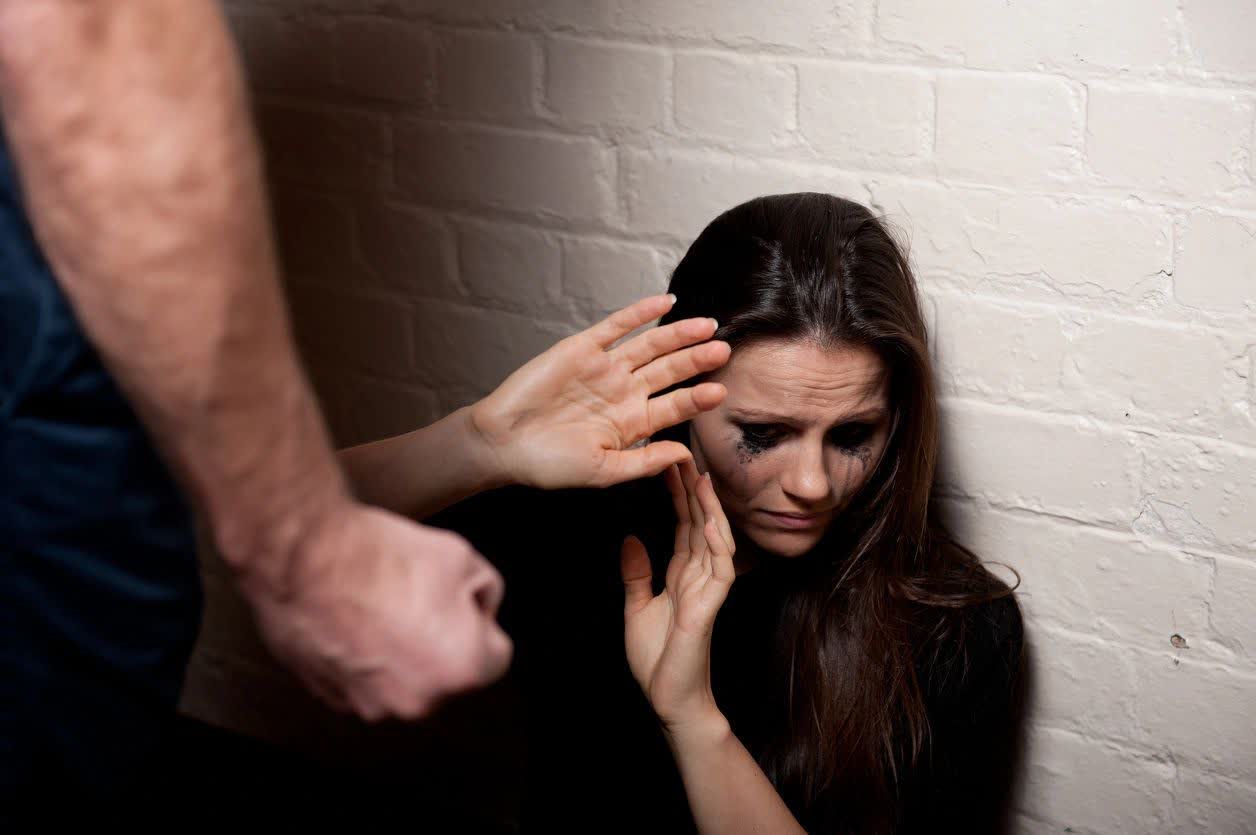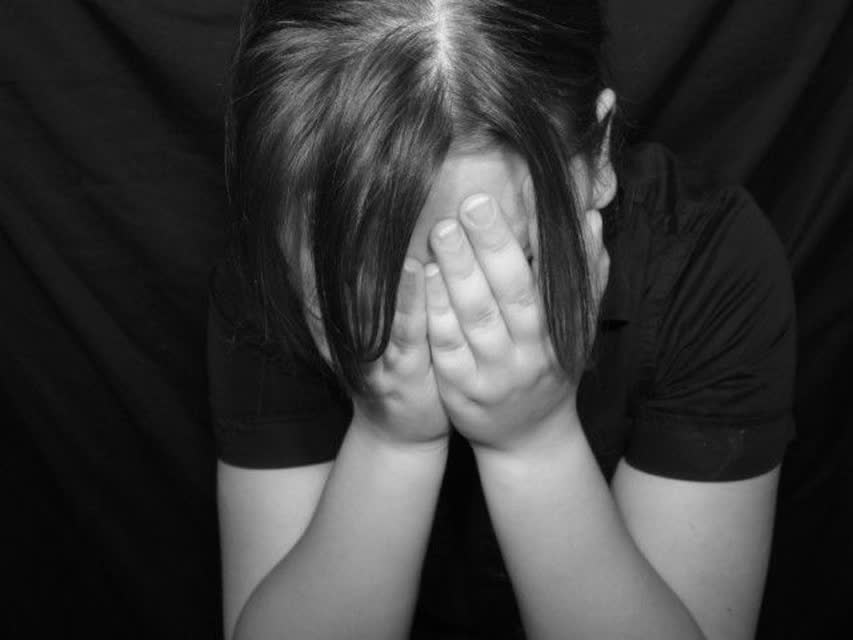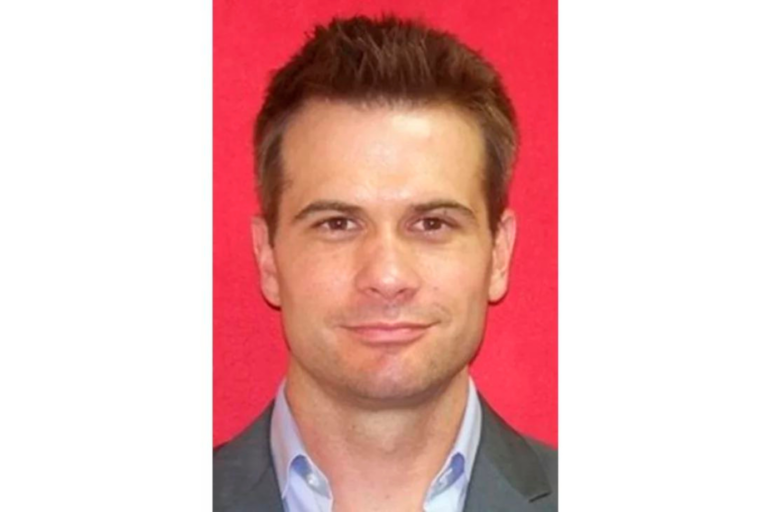Mexico’s first female president, Claudia Sheinbaum, was sexually assaulted in public while greeting citizens in Mexico City. The incident — captured on video and shared widely — has reignited urgent debate over the pervasive threat of gender-based violence in the country.
The Incident
On 4 November 2025, President Sheinbaum was walking through the historic centre of Mexico City, greeting members of the public between engagements, when a man approached her from behind. He wrapped an arm around her, touched her chest and attempted to kiss her. The president pushed his hand away and remained composed until her staff intervened and security arrived.
The assailant, reportedly intoxicated, was later arrested and a formal complaint was filed by Sheinbaum.
Why It Resonates Beyond the President
Sheinbaum’s reaction was not only personal. She posed the question: “If this happens to the president, what about all young women in our country?”
The attack touches on a broader reality: in a country already grappling with alarmingly high numbers of femicides and widespread harassment of women in public spaces, the assault of a national leader underscores the depth of the problem.
Response & Political Implications
Following the incident, Sheinbaum announced a push to review laws on sexual harassment across Mexico, calling for harassment to be defined as a criminal offence nationwide.
She also condemned the publication of images of the assault by a major newspaper, calling it “re-victimisation” and calling on the media to assume greater responsibility.
What This Means for Women in Mexico
- The attack symbolises how no woman — not even the head of state — is immune from harassment.
- It amplifies calls to strengthen protections, ensure better security and enforce accountability for gender-based violence.
- It raises questions about protective measures for public officials and the general environment for women in public spaces.
Looking Ahead
Beyond the immediate legal case, the challenge now is systemic: revising laws, changing social norms, improving enforcement and delivering meaningful protection for women across society. The president’s experience may serve as a catalyst. But many argue the true measure will be sustained action, not just symbolic gestures.
From: Reuters










